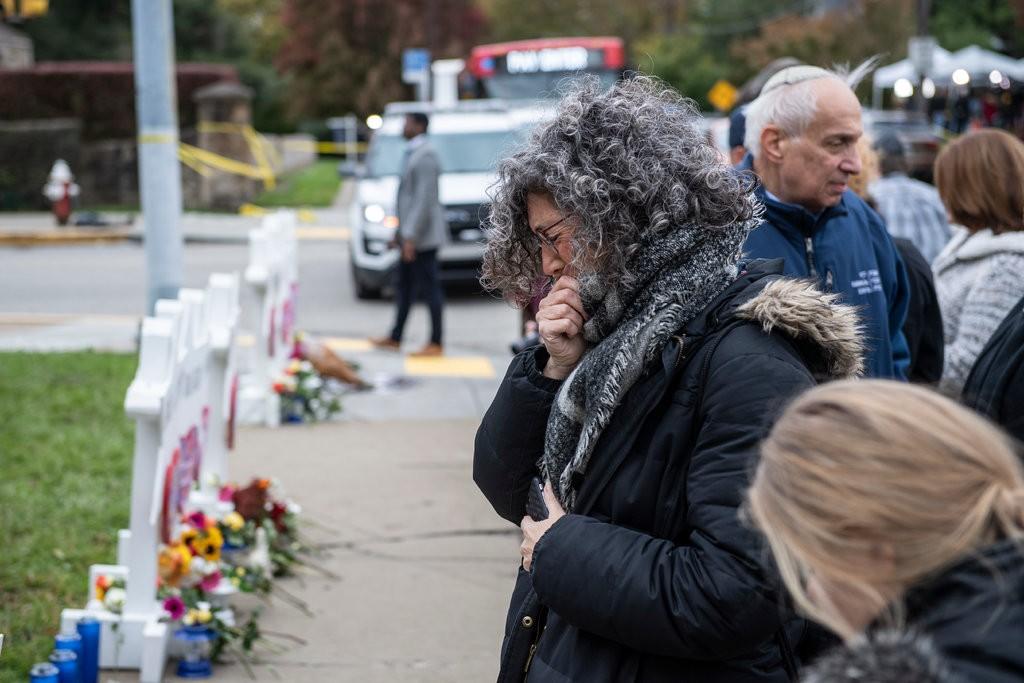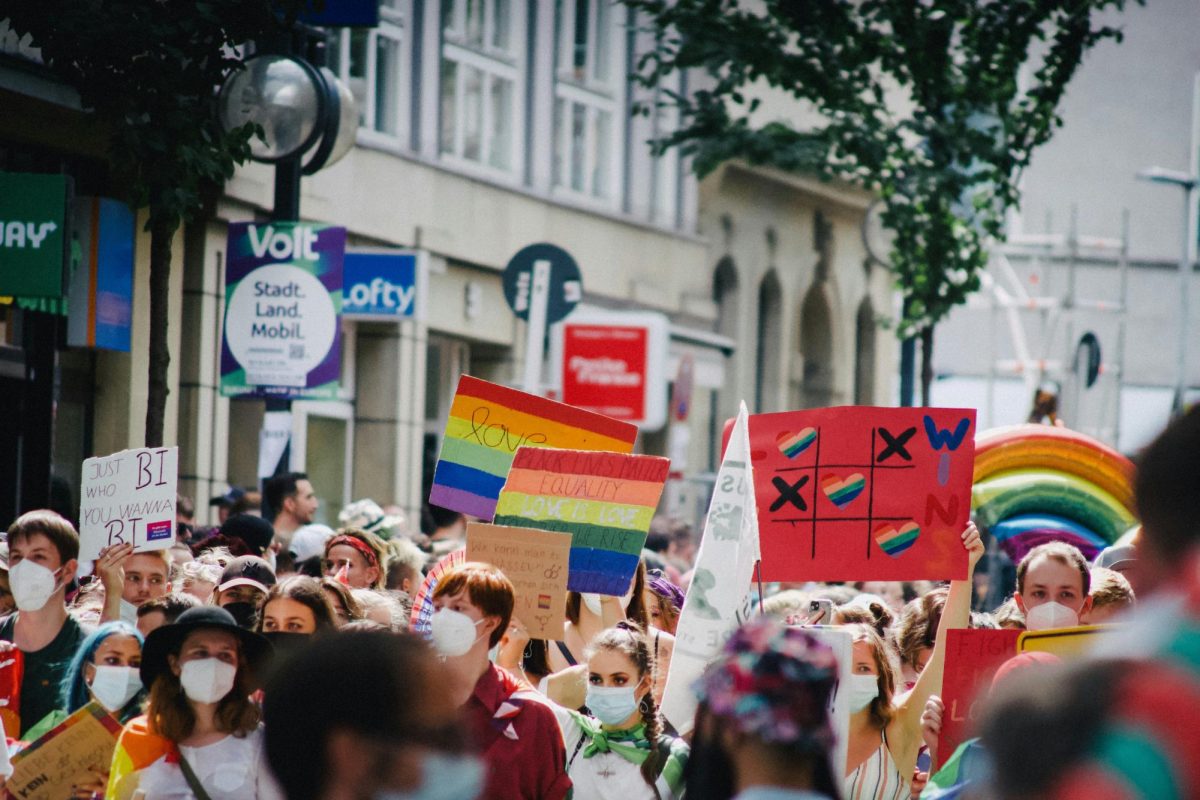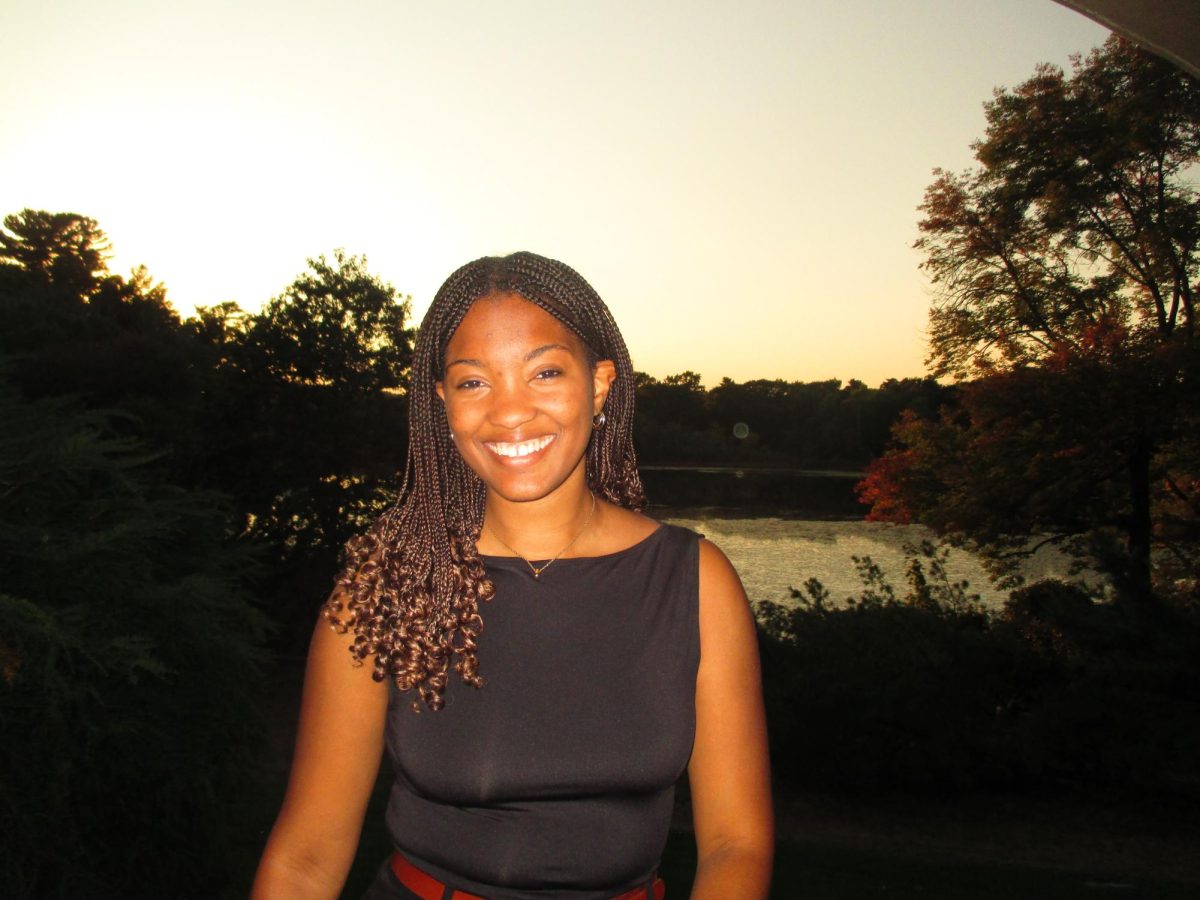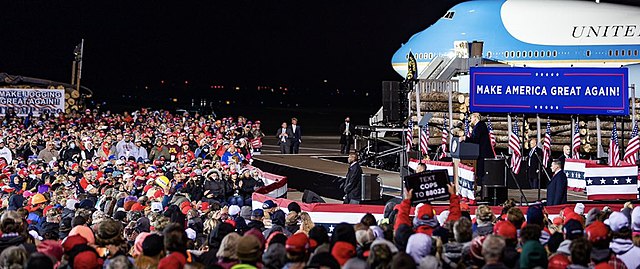Last week, the greatest mass shooting of Jewish people in United States history occurred at the Tree of Life synagogue in Pittsburgh, Pennsylvania. The sole suspect, Robert Gregory Bowers, had posted hateful comments about Jewish people on the social network Gab (billed as an alternative Twitter, where many who have been blocked from other social networks for hateful comments go) hours before. He was specifically enraged at the Tree of Life congregants because they had been supporting the Hebrew Immigrant Aid Society (HIAS), an organization that provides help to those seeking asylum in the U.S.
This attack did not appear out of a void. Rates of anti-semitic incidents began to rise sharply after the election of President Trump, though they had been declining for years before. According to the Anti-Defamation League, anti-semitic incidents increased 57 percent in 2017 to 1,986 incidents in the U.S., the greatest increase in a single year since the ADL began recording data in 1979. At the beginning of 2017, a spree of bomb threats terrorized many Jewish institutions. The gravestones of Jews were toppled and defaced in cemeteries all around the nation. Smaller incidents of anti-semitism such as bullying and harassment in K-12 schools rose sharply in the past year. The normalization of hate speech and violence against marginalized people has simply become fatal.
In the week leading up to this shooting, President Trump spread categorically false rumors about a caravan full of murderers, drug dealers, and other evil doers –– including a false claim about “some Middle Easterners” –– travelling to the US via the southern border. While it is true that there are thousands of Central Americans journeying to the US, they are not coming to do Americans harm — they are refugees, fleeing violence in their home countries –– violence that the U.S. has perpetuated and abetted for decades. Instead of welcoming them in, our President has chosen to send thousands of fully armed troops to the southern border, meaning that there are now more soldiers mobilized there than in Iraq. These shootings are part of a larger increase in violence against marginalized groups, as aided by President Trump’s rhetoric. Biases that have always existed in the United States are being encouraged, and those who hold them are tacitly being told that they can do something about them and get away with it. The Pittsburgh shooter was taken alive after killing eleven people.
Organizations such as HIAS have been consistently working to help refugees from all backgrounds enter the U.S. because aiding others in their struggle for a better life has always been a strong Jewish value. Each year on the holiday of Passover, we remind ourselves that we were once refugees too, and we renew our commitment to helping those who now occupy the same position. The Book of Leviticus, which is part of the Jewish Torah, reads: “When strangers sojourn with you in your land, you shall not do them wrong. The strangers who sojourn with you shall be to you as the natives among you, and you shall love them as yourself; for you were strangers in the land of Egypt” [Leviticus 19:33-34].
Now, we are being punished for the best parts of our religion. For their commitment to helping those in need, 11 Jewish people have been murdered while at their Shabbat services, a time meant for rest, reflection, and being with friends and family. It is important that we remember that this is not an isolated incident, but part of a larger trend in the United States towards increasing white supremacist and nationalist rhetoric. This trend affects not just Jews, but all marginalized groups. In the same week as this shooting, two elderly Black people were shot in a Kroger in Kentucky. Danye Jones, the son of a prominent Ferguson activist was found dead in his mother’s backyard. Transgender people, whose existence is already questioned constantly, were faced with the threat of being legally defined as a nonexistent category. Though the Pittsburgh shooting got the most attention, other groups within the United States have been hurting, too.
So what can we do now? It seems as if the only way to fight this is to continue to do what the congregants at Tree of Life were doing so well. We need to renew our commitment towards welcoming the stranger, and to not let fear make us crawl back into our own shells. To honor their memory, we have to continue to advocate for those who our President and those like him would hurt and oppress.
But in our efforts to keep ourselves safe we need to make sure we don’t end up alienating our own community. Rather than further militarizing our places of worship — by giving Rabbis guns, adding police patrols at all synagogues, or any of the other suggested solutions — we must all be cautious of solutions that would require that we increase police presence. These solutions would drastically alter our safe spaces, and make those among us for whom the police might be a threat — such as Jews of color and transgender Jews — feel less safe compared to the more privileged within our community.




